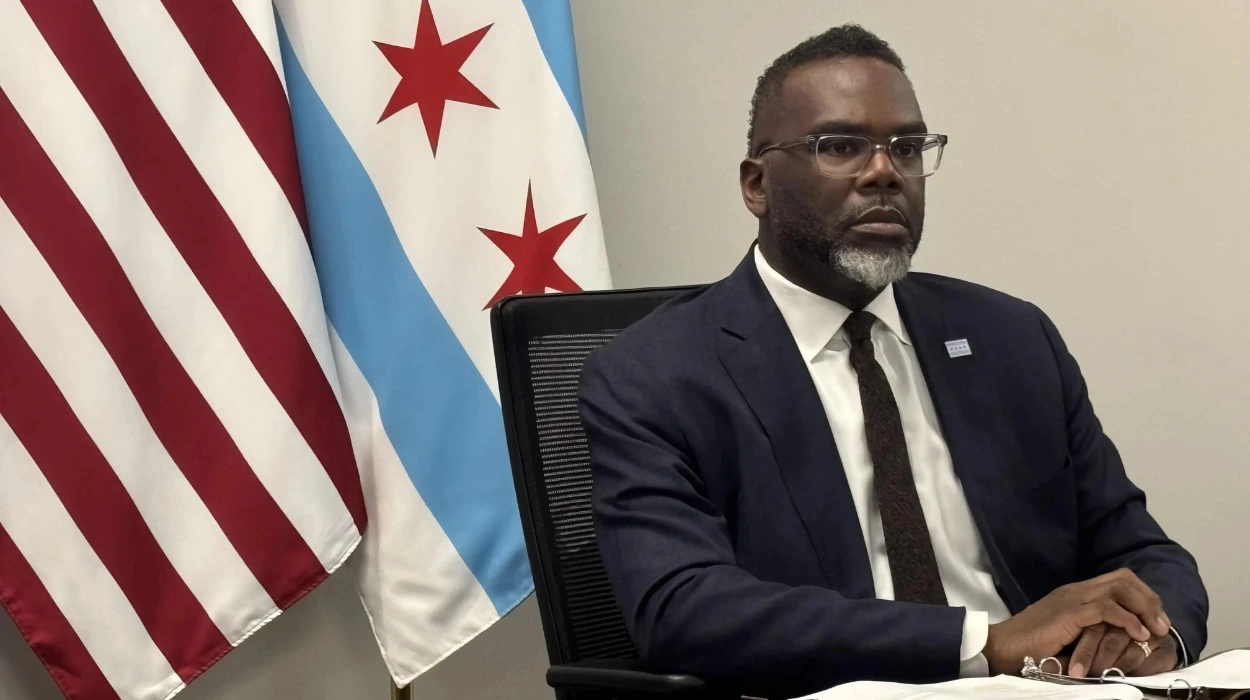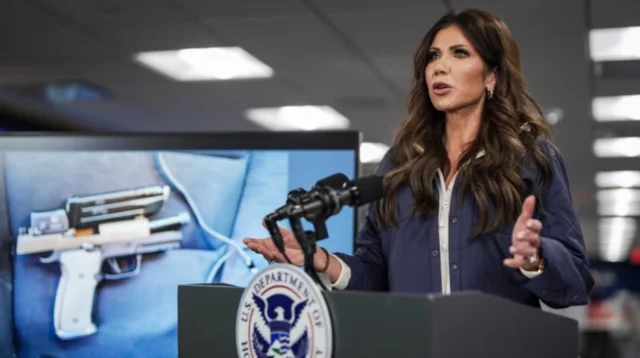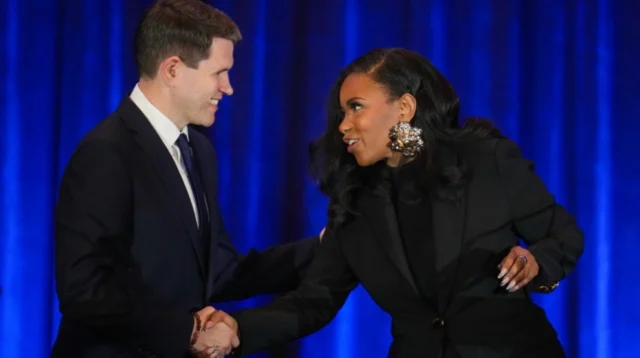Chicago Mayor Brandon Johnson’s effort to build a Springfield lobbying team has drawn ethics questions due to the involvement of lobbyists whose contracts with the city remain “pending,” raising concerns about transparency and compliance with state registration rules.
Following repeated questions about the composition of his intergovernmental relations team in Springfield, Mayor Brandon Johnson’s administration defended the practice of his inner circle working with outside lobbyists who were not registered to lobby on the city’s behalf in the Illinois General Assembly. Since lobbyists are required by state law to declare all of the clients they represent, this absence of official registration has drawn attention.
Why weren’t Chicago’s lobbyists registered in Springfield?
John Arena, Johnson’s newly appointed director for intergovernmental affairs in Springfield, defended the arrangement by stating that the contracts with the city were still “pending” and thus the lobbyists were not yet required to register Chicago as a client. Arena described Purchase’s role as “facilitating” lobbying efforts rather than formally representing the city, while Bass and Williams were engaged in their capacities as lobbyists for the Chicago Teachers Union and Chicago Transit Authority, respectively.
What role did unregistered lobbyists play for Johnson?
Despite these explanations, state ethics officials could view the failure to update registrations as a violation, potentially leading to legal consequences. The situation has intensified scrutiny of Johnson’s lobbying strategy, especially given previous controversies involving lobbyist donations to his political committee, which also raised ethics concerns.
According to Springfield sources and email records, during the most recent session, three lobbyists—Lakeisha Purchase, Frank Bass, and Vincent Williams—coordinated with senior Johnson officials. However, prior to the adjournment of the Illinois General Assembly on June 1, they failed to renew their state registration to include the city as one of its lobbying clients.
Although the employment of these unregistered lobbyists was legal, state authorities may be breaking the law if they discover that the three failed to adequately disclose that they were representing the city’s interests.
What concerns do watchdogs raise about Johnson’s lobbying?
Alisa Kaplan, executive director of government transparency advocate Reform for Illinois and a registered lobbyist herself, stated in an email that it is more difficult to determine whether the lobbyists are abiding by ethics regulations because it is unclear how much of the group’s work was done directly for the Johnson administration. The Illinois State Capitol has some of the laxest lobbying laws in the nation and is well-known for backroom scheming.
Should lobbyist work be disclosed before contracts are finalised?
In order to inform the public about who is being paid to influence their politicians, lobbyists are required to register. And that information should be made available to the public during the event, not after it has already occurred.
It is required that anybody lobbying elected officials on behalf of the City who is being paid or anticipates receiving payment do so. There is no justification for delays in contract approval. Otherwise, the public would be unaware of who is pushing for whom, and a whole parliamentary session may pass while a contract is being approved. Because sibling agencies have overlapping interests and need specialised knowledge, lobbyists may represent several of them simultaneously.





